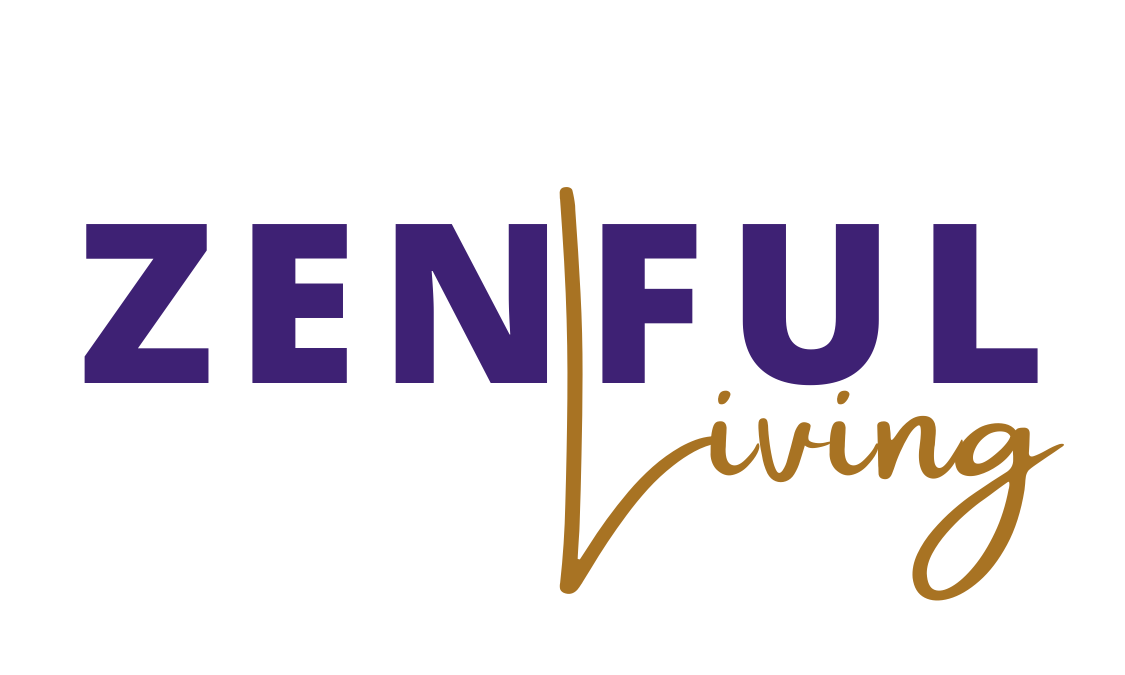February was Heart Health Month on Brain Health Matters, and it was also the first month that the show became a podcast! So, we did our best to chat with the most knowledgeable experts we could find on matters of the heart, in particular, our emotions.
But what do emotions have to do with brain health?
Our brains are designed to watch for threats and rewards. When something is experienced by our senses, the threat or reward is detected by the feeling region of the brain, which alerts the body through the release of chemical messages. Emotions are the product of these chemical messages.
The emotion that someone feels depends on the kind of chemical that is released. But these chemicals aren’t the only thing that can produce an emotion. Your thoughts, both conscious and unconscious, also contribute to the emotions you feel.
But what happens when our emotions seem to have no reason for being? What if we just feel frightened or inexplicably sad? Where does that come from?
In this heartfelt interview, Carol Holland March shared with me how she grew up terrified. She was anxiety-ridden to the point of being unable to function, and she didn’t know why. Her paralyzing fear affected every aspect of her life, well into adulthood.
Eventually, she came to understand the root of her anxiety rested in trauma that she had endured at an early age. It was not an easy path, but thanks to the guidance of her own Spirit and the help of mentors and guides, she was able to overcome her terrors.
You will be inspired by Carol’s story and you will see that you, too, can survive and thrive despite long-held trauma. You’ll learn how that can affect the physical functioning of your brain and how to tap into your own spirit and inner knowing to heal.
And speaking of emotions….You may think you have it all “under control”, but what does your body think? And how about your brain?
Marina Yanay-Triner joined me to share why it is so important to acknowledge and work with your emotions. It is not healthy for body, mind, or spirit to quelch or ignore your emotions. You must acknowledge and honor them to experience more joy and aliveness – essential for good brain health!
And finally – what’s the best thing for your heart? And your Mind? And your soul?
Laughter is definitely the best medicine, and you’ll be glad you joined us for the fun and very informative interview with Dave Berman. Dave is a laughter coach and I just know you’ll love learning the simple, joyful way he helps us get a good belly laugh started. You’ll also see how can help you deal with the many stressors in our lives.
A joyful brain is a healthy brain, so be sure to join us for this fun-filled chat.

My journey has been filled with twists and turns, something I think most everybody can relate to. I started out in the legal profession, then moved to writing and later into the television and movie industries. It was fun and exciting, but … fulfilling? Not really. That all changed in1992 when I had a life-changing experience and was given a dream in which I played the harp. It was then, finally, that I began to hone in on my life’s purpose. My two books help make this brain-boosting lifestyle second nature to everyone. The Vegan Brain and The Plant Lovers’ Fast-Start Guide are the first installments in this series and are my passionate plea to help people switch to a whole foods vegan lifestyle for their health, the health of the planet, and to reduce the terrible suffering that is endemic in the industrial meat and dairy industries.

